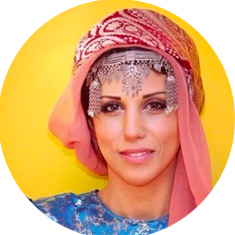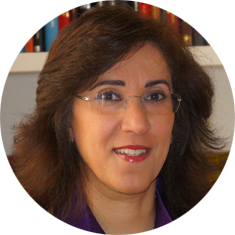Author of several books and articles on Saudi Arabia.
Madawi is Visiting Professor at the LSE Middle East Centre. In January 2017, she returned to the MEC from a sabbatical year at the Middle East Institute, the National University of Singapore. Previously, she was Research Fellow at the Open Society Foundation. Between 1994–2013, she was Professor of Anthropology of Religion at King’s College London. She was also Prize Research Fellow at Nuffield College, Oxford. She has taught at Goldsmith College, University of London and the Institute of Social and Cultural Anthropology, University of Oxford.
Since joining the MEC, Madawi has been conducting research on mutations among Saudi Islamists after the 2011 Arab uprisings. This research focuses on the new reinterpretations of Islamic texts prevalent among a small minority of Saudi reformers and the activism in the pursuit of democratic governance and civil society. The result of this research project, sponsored by the Open Society Foundation Fellowship Programme, appeared in a monograph entitled Muted Modernists (2015, Hurst & OUP). Her latest edited book, Salman’s Legacy: The Dilemmas of a New Era was published by Hurst in 2018.
In addition, Al-Rasheed has published several articles in academic journals and edited volumes on Saudi Arabia’s political development since the Arab uprisings, gender policies and current affairs. She regularly contributes to international television and print media. She appeared on the BBC's Newshour and Radio 4's documentary on Saudi Arabia, Sand of Time, and was interviewed by CNN, BBC World Service, CCTV, and al-Hura Arabic television. Her op-eds appeared in Al-Monitor, The Guardian, Politico, Foreign Policy, Middle East Eye, New Internationalist, La Vanguardia, and Foreign Affairs.
Twitter: @MadawiDr












